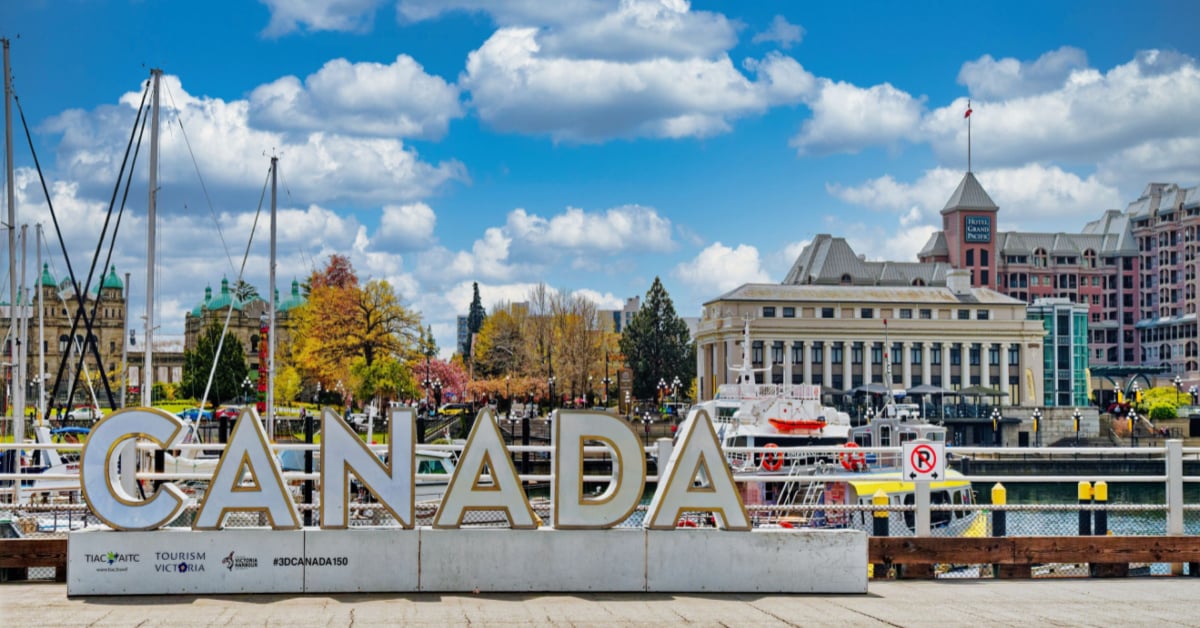After attending a meeting in New Brunswick along with other Canadian immigrations ministers, the government of Saskatchewan release a statement to assure the population that they were pursuing greater control over their immigration systems. During the meeting, the biggest agreeable agenda was the development of a multi-year Provincial Nominee Program (PNP) allocation plan for March 2023. The aim is to provide PNP allocations to all provinces within a 3 year duration to help in advance planning towards the Economic Development goals of each province. Yet numerous provinces continue to agree that these efforts are still not enough to boost local economic development.
Facts motivating Saskatchewan’s pursuit for control
Saskatchewan is asking the federal government for a new bilateral immigration agreement, comparable to the one Quebec has. Quebec has the most influence over its immigration policy among all of Canada’s 10 regions and three territories due to its distinctively Francophone nature. Some of the freedoms Quebec enjoys with this arrangement include;
- the province is allowed to choose all of its economic status immigrants
- set its own immigration numbers
- manage admissions for temporary residency
- have input on the familial and refugee categories
Additionally, it has exclusive authority over settlement funds that the federal government has given to it for the purpose of providing immigrants with a range of resources, including job training and language instruction.
The federal government and each of Canada’s other nine provinces, as well as the Yukon and the Northwest Territories, have bilateral immigration accords. The main benefit of these agreements is that they make it possible for the territories and provinces to run the PNP. They also provide information on a variety of topics, including how the two tiers of government would collaborate to provide services for immigrants’ settling. These agreements, however, do not grant the provincial and territorial governments much power beyond what is permitted by their individual PNPs.
This is why Saskatchewan is pursuing an accord with the federal government as well. The provincial government wants sole control over family-class immigration population, control over federal settlement financing and a guaranteed PNP allocation that will promote their demographic weight within the country. Although Saskatchewan now has 6,000 principle applicants allocated to the PNP for 2022, it feels that 13,000 seats would be more equitable since they would represent Saskatchewan’s proportionate share of total immigration to Canada.

Why provinces are seeking more immigration control
Harrison and his province counterparts from Alberta, Manitoba, and Ontario sent Minister Fraser a joint letter the day before the conference asking for more authority over their own immigration systems. For instance, Ontario’s immigration minister, Monte McNaughton, said that he is asking the federal government to give Ontario more discretion over choosing economic classes. Francois Legault, the current premier of Quebec, has also declared that should he win another majority government vote, in the next provincial elections in October, he will work to fully limit immigration into the province.
The requests from Saskatchewan, Alberta, Manitoba, Ontario, and Quebec placed a lot of pressure on the federal government. The provinces contend that providing them additional selection authority will help to address the issue of application backlogs that Immigration, Refugees and Citizenship Canada (IRCC) is still confronted with.
The provinces can also ask for increased authority under the Constitution. Even though the Constitution makes it plain that the federal government has authority over immigration admissions, it nonetheless identifies immigration as one of the select areas of federal-provincial policy that is shared in Canada. The Immigration and Refugee Protection Act (IRPA), requires the federal government to collaborate closely with the provinces and territories to achieve regional economic and social goals. In addition, the fact that Quebec enjoys substantial immigration control while the rest of the nation does not places the federal government in an incredibly challenging position. As a result of the nation’s rapidly aging population, the territories and provinces across Canada are currently experiencing historic labor shortages. They are depending increasingly on the PNP to sustain their demographic, labor force, and economic development as more baby boomers retire.






